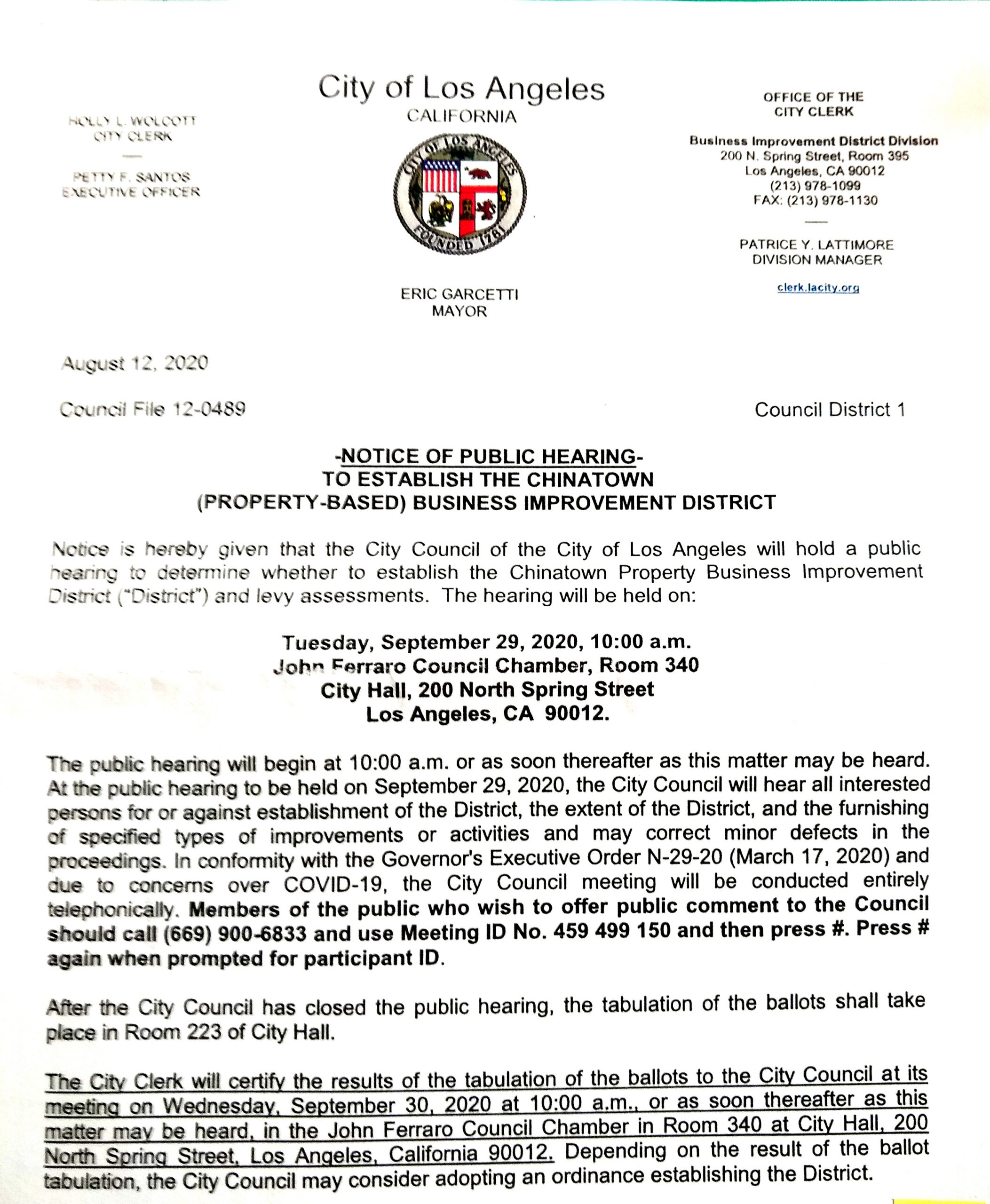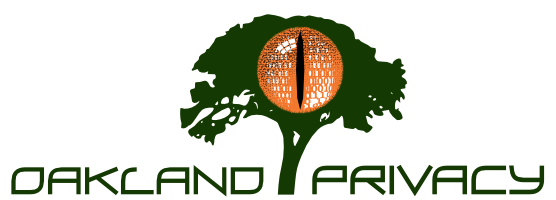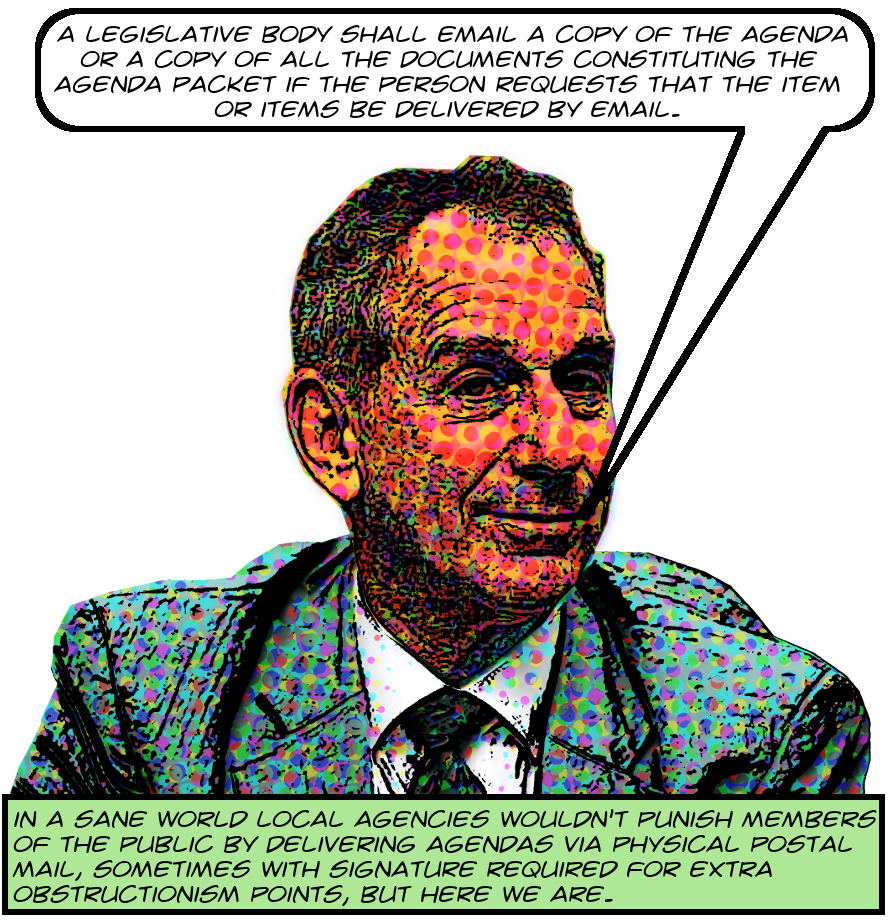The Los Angeles County District Attorney‘s Public Integrity Division is responsible for, among other things, investigating and prosecuting complaints from the public about Brown Act violations. The procedure for doing so is found in Chapter 5 of the Division Manual. This office did a really terrible job under Jackie Lacey which — as you can imagine — is no surprise. People who won’t prosecute actual killers just because they’re cops can’t really be expected to care about protecting the rule of law.
But, sadly, it turns out that things aren’t better under putatively progressive prosecutor George Gascón and Sean Hassett, Gascón’s choice to head up the PID. Hassett, whose moronic blundering performance in a recent corruption case was so incredibly, blindingly, idiotically, amateurish that Judge Kathleen Kennedy publicly rebuked him, stating that he was “just tripping over [his] feet and falling on [his face].” And this is a reasonably accurate description of the incredibly messed-up manner in which Hassett is handling my recent complaint about the Police Commission’s Brown Act violations in relation to their Use of Force Committee.
Continue reading Prosecutor Sean Hassett — Who Is Such A Bumbling Doofus That He Was Publicly Rebuked In 2016 By Judge Kathleen Kennedy — Who Accused Him On The Record Of Metaphorically “Tripping Over His Feet And Falling On His Face” — Is Putatively Progressive Prosecutor George Gascón’s Choice To Head The Public Integrity Unit — Where He Continues His Dangerous Bumbling — By Mishandling A Brown Act Complaint Vs. The City Of Los Angeles — Contrary To His Division’s Policy Manual He Seems To Have Passed It Along To Mike Feuer’s Office For “Review And Comment” — Which Is Like Letting The Accused Control The Investigation — Not Due Process In Any Way — At Least In This Narrow Sense Gascón Is No Better Than Lacey



